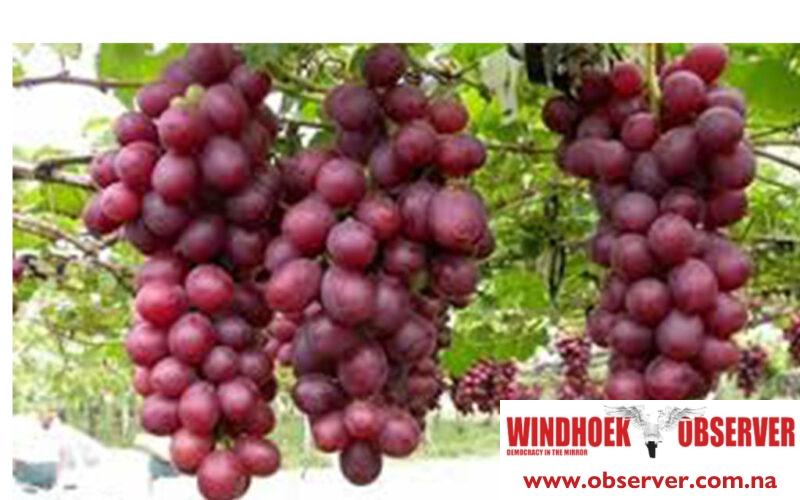Martin Endjala
The Otjimbele grape project in the Omusati region is planning on growing crops that are not readily available in the local market as part of its long-term strategy.
The project will grow watermelon, maize, wheat, spanspek, sweet potato, and butternut to substitute imports and meet local market demands.
The founder and chief executive officer of the project, Carlos Lertxundi Aretxaga, last week told the media that this is part of a N$120 million investment to revitalise the former Asparagus Agro-Processing Project.
“Namibia is a net importer of some of these products. So what we want to do is produce what Namibia is lacking and export them to neighbouring countries,” he said.
Already the project has started with the export of asparagus to the South African market, as it is currently being sold in Woolworths, Pick n Pay, Checkers, Spar and Food Lovers Market.
According to Aretxaga, the project is also exploring partnerships with local vendors and supermarkets to stimulate the regional economy and create more job opportunities.
In addition to crop production, the project plans to produce high-quality fodder to assist local farmers, particularly during the dry winter months when feed is scarce.
He said this move will help farmers sustain their livestock and reduce dependence on imported, low-quality fodder.
“We all know the water challenges in the region. From time to time, we will assist farmers with water and also donate maize to the people,” he stated.
Despite its successes, Otjimbele has faced challenges, including recent theft incidents at the Atunda Irrigation Project.
“Although the case is under investigation, theft is very bad for business. Imagine if the machines you use to irrigate are stolen. You won’t be able to irrigate your crops and these machines cost a lot,” he said.
As part of its corporate social responsibilities, the Otjimbele project has donated 2 tonnes of maize meal from their harvest to the local school (Uuhongo).
Since he started the business in 2007. Aretxaga is pleased with Namibia’s policies of doing business and the friendly culture and balanced judiciary system that govern the country, allowing businesses and people to challenge grievances in court.




